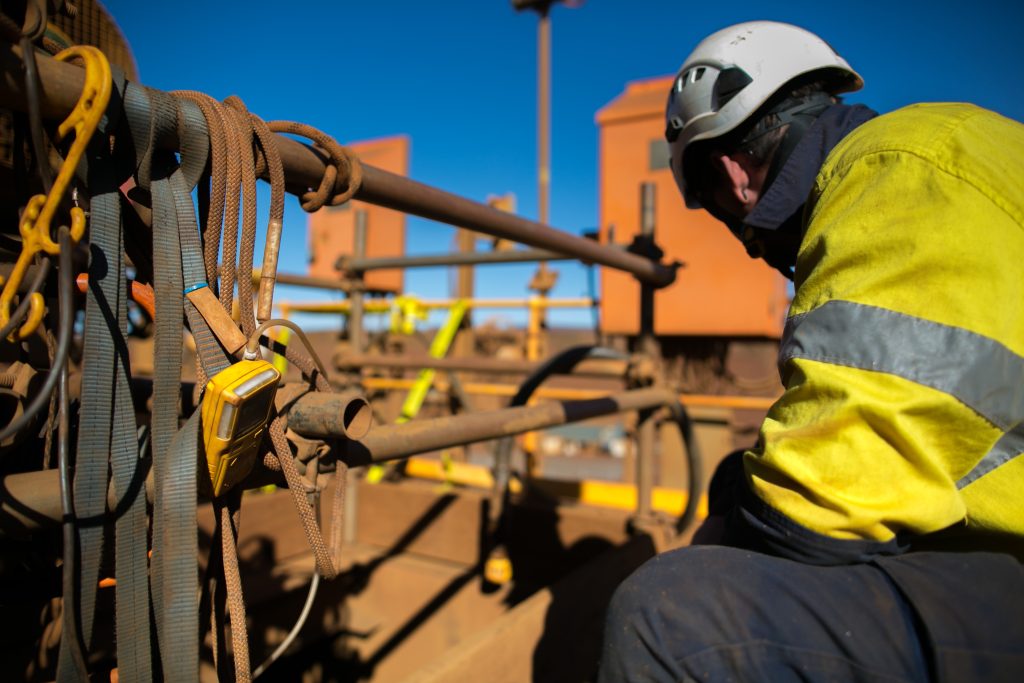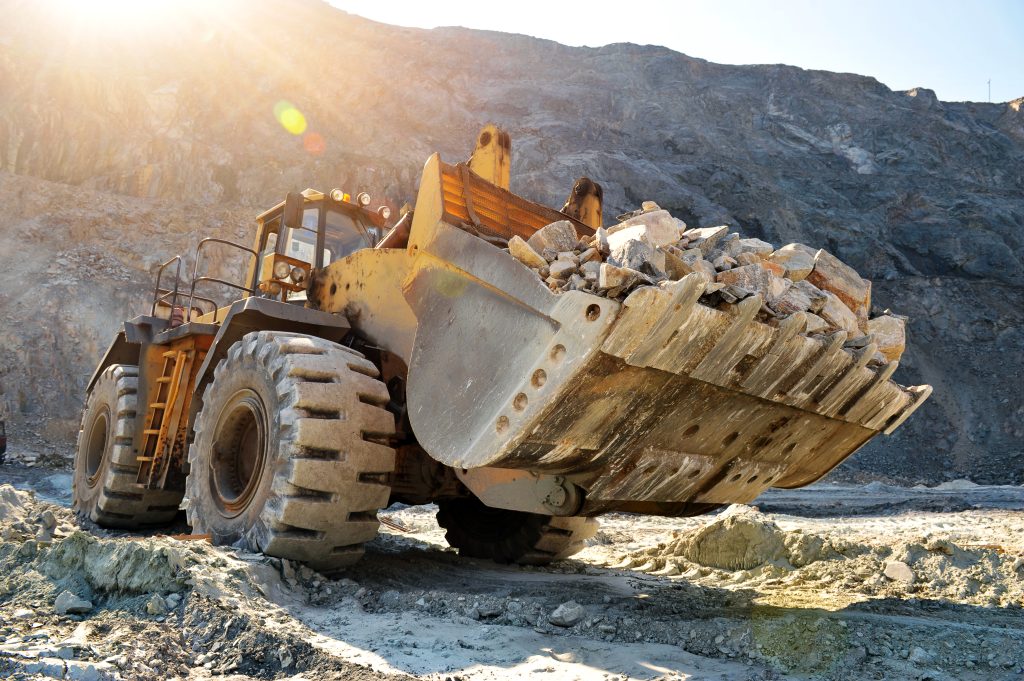
The mining industry in Perth, Western Australia, is a significant contributor to the state’s economy and employs thousands of people. The city is home to a diverse range of mining operations, from large-scale iron ore and gold mines to smaller-scale operations for minerals such as nickel, lithium and rare earths.
The mining industry in Perth is known for its advanced technology and automation, as well as its focus on sustainability and environmental responsibility. The mining companies operating in Western Australia are committed to reducing their carbon footprint and implementing sustainable practices. This has led to increased investments in renewable energy, recycling and water management.
However, with the ever-evolving nature of the industry and the use of new technologies, it has become increasingly important for job seekers to match their skill sets and qualifications to the mining jobs they are interested in. Having the right qualifications and skills can open up opportunities for higher-paying and more challenging positions within the mining industry. It also ensures that employees have the necessary skills and knowledge to perform their job duties effectively and safely.
In this post, we will take a closer look at the mining industry and the different types of mining jobs available. We will also explore the importance of matching skill sets and qualifications to mining jobs and the steps job seekers can take to acquire the necessary qualifications and skills.
Entry-Level Mining Jobs
The mining industry in Perth offers a variety of entry-level job opportunities for individuals who are new to the industry or looking to start a career in mining. Here are a few examples of entry-level mining jobs available:
- Mining operations roles: These jobs involve working on the front line of mining operations, such as operating heavy machinery or equipment, driving trucks, or loading and unloading materials. Entry-level positions in this category include roles like plant operator, truck driver, and excavator operator.
- Mining support roles: These jobs involve working behind the scenes to support mining operations, such as providing maintenance and repair services, working in logistics, or assisting with administrative tasks. Entry-level positions in this category include roles like maintenance technician, logistics coordinator, and administrative assistant.
- Laboratory and technical roles: These jobs involve working in a laboratory or technical environment, such as conducting tests and analysing samples, performing data entry and analysis, or providing technical support. Entry-level positions in this category include roles like laboratory technician, data analyst, and technical support specialist.
When looking to enter the mining industry, there are several ways to leverage education and experience to increase your chances of getting hired for an entry-level mining job.
- Relevant degrees and certifications: Having a degree or certification in a field related to mining, such as engineering, geology, or environmental science, can make you a more attractive candidate for entry-level mining jobs. It demonstrates to employers that you have a solid understanding of the industry and the skills needed to succeed in a mining role.
- Relevant work experience: Even if you don’t have a degree or certification in a mining-related field, having relevant work experience can also make you a strong candidate for entry-level mining jobs. For example, if you have experience operating heavy machinery or working in a construction or manufacturing environment, you may be well-suited for an entry-level mining role.
- On-the-job training programs: Many mining companies offer on-the-job training programs for entry-level employees. These programs can help you gain the skills and knowledge you need to succeed in a mining role, even if you don’t have a degree or relevant work experience.

Professional Mining Jobs
The mining industry offers a variety of professional job opportunities for individuals with advanced education and experience. Here are a few examples of professional mining jobs you can expect to see in Perth:
- Engineering roles: These jobs involve applying engineering principles to mining operations, such as designing and maintaining mining equipment, overseeing mining projects, or conducting feasibility studies. Examples of engineering roles in mining include mining engineers, metallurgical engineers, mechanical engineers, and electrical engineers.
- Geology and geophysics roles: These jobs involve studying the earth’s materials and processes, such as identifying and analyzing mineral deposits, conducting geological surveys, or developing mine plans. Examples of geology and geophysics roles in mining include geologists, geophysicists, and mining geologists.
- Health and Safety roles: These jobs involve ensuring the safety of mining operations and employees, such as conducting safety inspections, developing safety protocols, or providing training and education on safety best practices. Examples of health and safety roles in mining include safety officers, health and safety coordinators, and health and safety managers.
- Environmental roles: These jobs involve ensuring that mining operations are in compliance with environmental regulations and minimize their impact on the environment, such as conducting environmental assessments, developing mitigation plans, or monitoring and reporting on environmental impacts. Examples of environmental roles in mining include environmental engineers, environmental managers, and environmental coordinators.
- Management and leadership roles: These jobs involve managing and leading mining operations, such as managing projects, overseeing teams, or developing and implementing strategies. Examples of management and leadership roles in mining include mine managers, project managers, and operations managers.
Career Progression Opportunities
When it comes to professional mining jobs, the industry offers a wide range of job vacancies and career progression opportunities.
The mining industry is projected to have steady growth in the coming years, which means that job prospects for professionals in the industry are promising. With the increasing demand for minerals and resources, and the use of new technologies in mining, the industry is expected to continue to grow and create more job opportunities for professionals.
Many professional mining jobs offer opportunities for advancement within the same role. For example, an engineer may start in an entry-level role and then advance to a senior or lead role, or a geologist may advance to a supervisory or management position.
With experience, skills and qualifications, professionals in the mining industry can progress to senior management and executive roles such as mine managers, project managers, operations managers, and executive positions. These roles often require a combination of technical expertise and leadership skills.
Professionals in the mining industry can leverage their skills and experience to pursue opportunities outside the industry, such as consulting, engineering, environmental management or other related fields.
Overall, professional mining jobs offer a range of job prospects and career progression opportunities, whether you want to advance within the same role or progress to management and executive roles.
Summary
The mining industry offers a wide range of job opportunities for workers with different skill sets and qualifications. From entry-level roles in mining operations, support and laboratory, to professional roles in engineering, geology, health and safety, environmental, and management and leadership, there is something for everyone.
For job seekers looking to enter the mining industry, it is important to understand the specific qualifications and skills required for the job you are interested in and to take steps to acquire those qualifications and skills if necessary. This can include pursuing relevant education and training, gaining relevant work experience, and obtaining relevant certifications.
Additionally, it is important to note that the mining industry in Perth is known for its advanced technology and automation, as well as its focus on sustainability and environmental responsibility. Job seekers should be aware of these industry trends and how they can align their skills and qualifications to these aspects of the mining industry.
Looking for a mining job? Red Dirt specialises in connecting mining professionals with a wide range of temporary and permanent labour roles across all disciplines of the resources industry. Contact us today.
